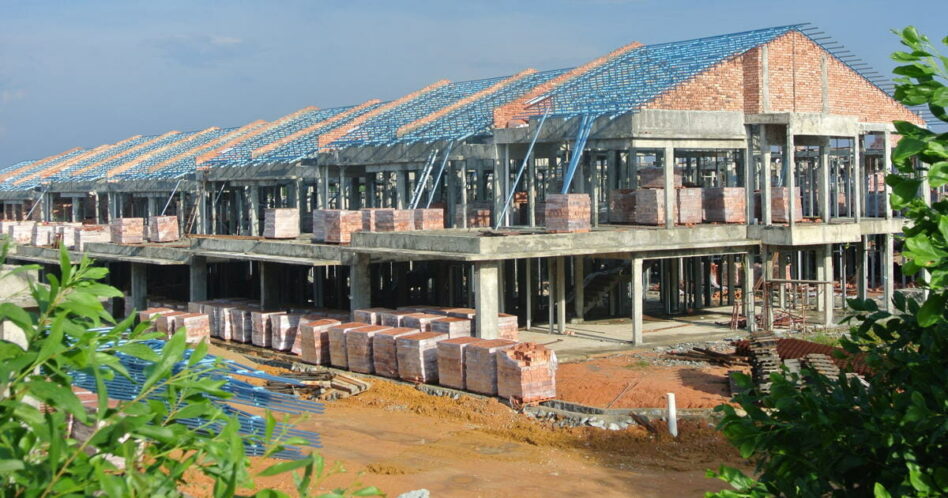KUALA LUMPUR: Solid economic fundamentals and the government’s commitment to institutional reforms have convinced Moody’s that Malaysia deserves its high sovereign credit rating of A3 with a stable outlook, said Finance Minister Lim Guan Eng.
“Malaysia’s competitive economy, strong medium-term growth prospects and effective institutions are among the reasons behind the country’s ability to keep its sovereign credit rating high at A3, with a stable outlook.
“This compares favourably against some countries that have had its sovereign credit rating downgraded recently,” he said in a statement today, citing Moody’s annual credit analysis report dated Jan 16, 2020.
Malaysia’s economic strength scores well against the median of its A-rated peers, especially in terms of average gross domestic product (GDP) growth.
Lim added that the country’s competitive, complex and diversified economy contributes to its resilience against global uncertainty caused by the China-US trade war.
“Coupled with solid institutions as measured by the World Bank through the Worldwide Governance Indicators (WGI), these factors provide a firm foundation for the country’s long-term economic prospects,” he said.
The minister also highlighted the country’s improving set of economic indicators.
“The latest set of economic data suggests the economy will be expanding faster in the coming months,” he said, referring to manufacturing Purchasing Managers’ Index (PMI), RAM Business Confidence Index and the Leading Economic Indicator.
Manufacturing PMI for December 2019 was at its 15-month high, which points toward a healthy domestic manufacturing expansion in the near future.
He said RAM Business Confidence Index for the first half of 2020 is solid, with sentiment among small and medium enterprises (SMEs) at its highest level of 54.2 points since the index first began in 2017.
The Leading Economic Indicator for October 2019 published by the Department of Statistics Malaysia has increased by 1.4% to 120.3 points from the preceding month, which implies stronger economic growth in the coming quarters.
Other statistics include more robust industrial production that rose 2.0% year-on-year (y-o-y) in November 2019 versus 0.3% y-o-y growth in October, expanding sales value for distributive trade that grew at 5.3% in November 2019 versus 5.0% in the previous month, and a low unemployment rate of 3.2% in November 2019.
Meanwhile, the country’s inflation remained low and stable at 1.0% for December 2019.
“The inflation rate for 2019 stood at only 0.7%, one of the lowest in the region.
“Clearly the removal of the Goods and Services Tax (GST) and the fixing of RON95 petrol price cap at RM2.08 per litre have checked price rises, as compared to the previous government’s imposition of the GST which had pushed inflation to as high as nearly five per cent,” said Lim.
He also said Malaysia would benefit from the China-US deals, with an economic outlook to brighten further with the lessening of trade tensions between the two economic giants.
“Malaysia is an open economy that is highly integrated with the global supply chain. Any improvement in global trade volume would increase demand for Malaysian exports, and directly boost Malaysian GDP growth,” Lim said, reiterating his forecast that the Malaysian economy will expand sustainably at 4.8% this year, faster than the expected growth rate of 4.7% in 2019. – Jan 22, 2020, Bernama










